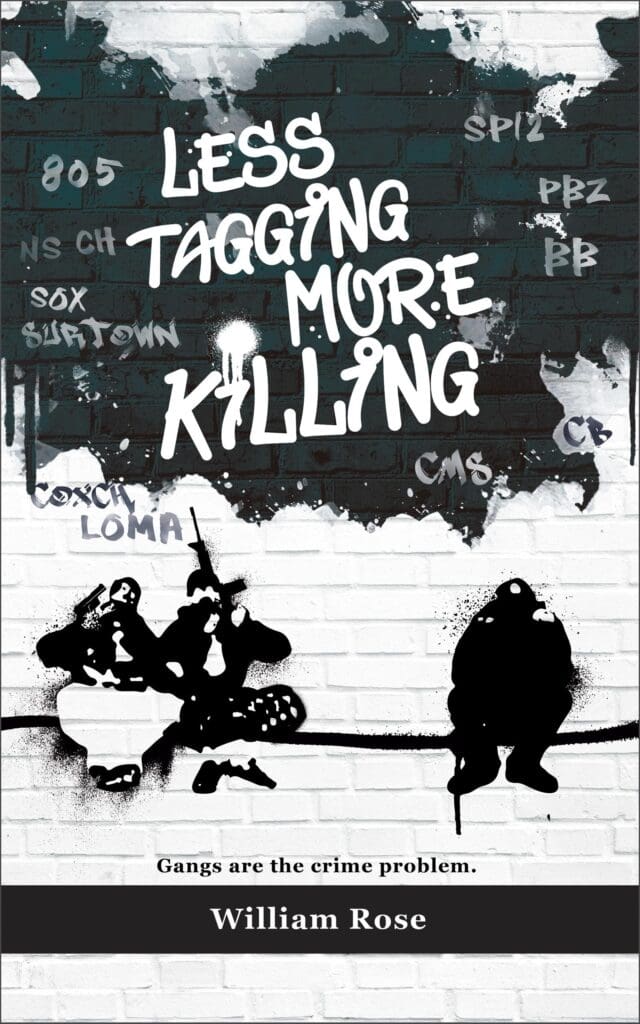Why Do People Join Gangs? Causes and Consequences
April 30, 2025
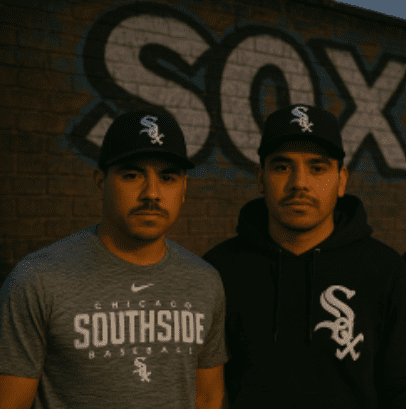
What I Learned from Interviewing Gang Members
After working for the FBI in Los Angeles for ten years, my transfer to the Ventura Resident Agency office provided a unique perspective on gang culture. In 2014, I received photographs of gang members identified by the Santa Paula Police Department. The similarity among these individuals was striking. As a result, this observation led me to question: why do people join gangs, particularly in Ventura County?
The Scope of the Problem
More than 1,500 Mexican American males had chosen to belong to criminal street gangs in Ventura County alone. In fact, the 2011 National Gang Threat Assessment reported that gang members perpetrated approximately 48% of community crime. This disproportionate impact raises urgent questions about why people join gangs and how we might address this issue. To see which gangs are the worst read the blog Top 10 Most Dangerous Gangs in Ventura County.
Researchers have consistently found evidence that gang members are responsible for a disproportionate amount of crime. Walter B. Miller, although gang members comprised only 6% of youths aged ten to nineteen in major cities, they were responsible for 11% of all arrests, 40% of arrests for serious crimes, and nearly 25% of arrests for juvenile homicides. In my experience, Ventura County gang members have extensive criminal histories—one individual had been arrested 76 times. Assuming these gang members will, grow up, and reform without intervention is wishful thinking.
Understanding Why People Join Gangs
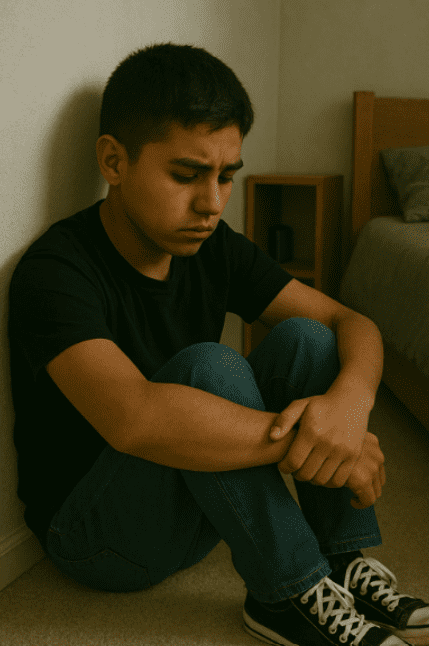
Why do people join gangs? The Bureau of Justice Assistance suggests motivations are “whether rooted in neighborhoods representing a rite of passage, providing surrogate families, or access to economic opportunity.” In Ventura County, recruitment often occurs through family members or friends, primarily targeting junior high and high school students. However, the economic opportunity argument is tenuous; while gang members make some money selling drugs, as a group they remain extremely poor.
I’ve interviewed numerous gang members. Overall, their responses reveal several consistent patterns when asked why people join gangs:
- Seeking belonging: Gang members repeatedly mention joining to feel wanted and accepted.
- Parental absence: Parents (often immigrants) working multiple jobs have little time for supervision or emotional support.
- Economic factors: Poverty is a significant predictor of gang involvement.
- Family structure: Many gang members come from single-parent households.
One gang member explained that when he was fourteen, he started associating with a gang and was “jumped in” a year later. His mother immigrated from Mexico, and he had sixteen siblings. The family’s Christian beliefs prohibited abortion—a detail several gang members mentioned independently. To learn more read Gang Initiation Fight: Understanding the Brutal Gateway to Gang Life.
The Unwanted Generation Theory
The authors of “Freakonomics” presented a compelling theory on crime reduction, linking it to abortion legalization. The theory suggests unwanted children are more likely to engage in criminal behavior. Children who grow up feeling unwanted often gravitate toward gangs that accept them unconditionally.
Why do people join gangs in Hispanic communities specifically? One possibility relates to religious beliefs that discourage abortion, resulting in potentially unwanted children who later turn to gangs. In Santa Paula, 80% of residents identify as Hispanic, and 40% identify as Christian. Abortion is generally not accepted in Christian communities as a means of birth control.
The message received by potential gang members from unavailable parents—whether due to work demands or substance abuse—is that they are unwanted. The gang fills this emotional void. Physiologically the gang member is expressing their anger and personal misery on the rest of us. However, this isn’t absolute; I’ve seen siblings of gang members lead lawful, productive lives. To learn more read Hispanic Gangs: Inside The Dirty Nickel.
The DRIP Factor
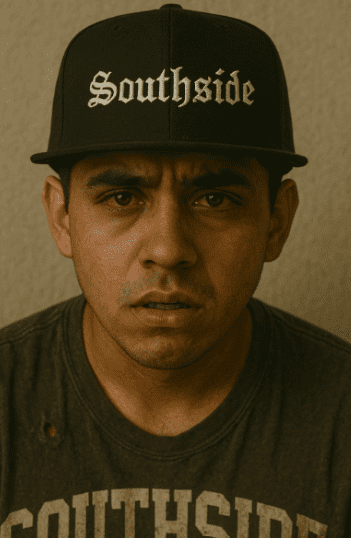
From my experience, the acronym DRIP best describes Ventura County gang members.
D = Druggy I have not met a gang member who did not use drugs. In Ventura County, gang members use marijuana, prescription pills, lean (a combination of Sprite and codeine syrup), cocaine, heroin, fentanyl, and methamphetamine. One gang member told me they use drugs to escape from their lives or to numb themselves from their terrible childhoods. To learn more read Gangs Drugs: A Glimpse Into the Underground Economy of Crime.
R = Racist Despite efforts to integrate into American society, many Mexican/American gang members do not accept members of other races, particularly Black people. The use of racial slurs is common in their communications.
I = Idiotic The life choice to join a gang demonstrates poor decision-making. We all make mistakes, but most people learn from them rather than continuing destructive behavior.
P = Poor Gang members typically live in squalid conditions. While they may wear clean clothes and put thought into their appearance, none of the gang members I’ve investigated are financially stable.
The Recruitment Process Explains Why Do People Join Gangs?
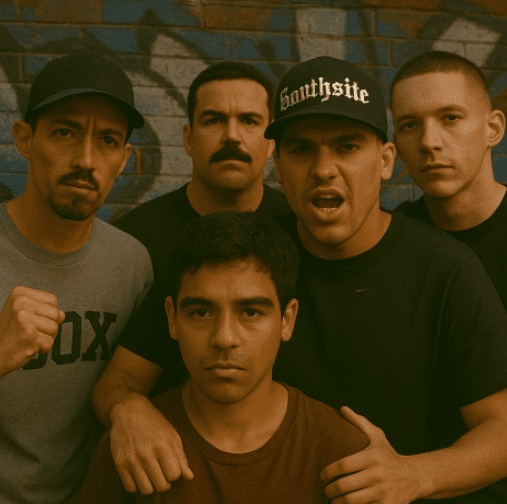
Why do people join gangs as teenagers? Most Ventura County gang members joined by being ‘jumped in’ between ages eleven and sixteen. Other members beat them for a designated period—usually thirteen seconds—to complete the initiation. To learn why the beating lasts 13 seconds, read La Eme: Mexican Mafia Control Over California Gangs. Congratulations—you now belong to a gang, and your prospects for a future have diminished to a life of criminal behavior, drug use, incarceration, with a higher possibility of death.
Some gang members prove their worth by getting ‘crimed in,’ committing offenses to earn acceptance. Others join through family connections, but veterans who endured the jumping-in beating often look down on them.
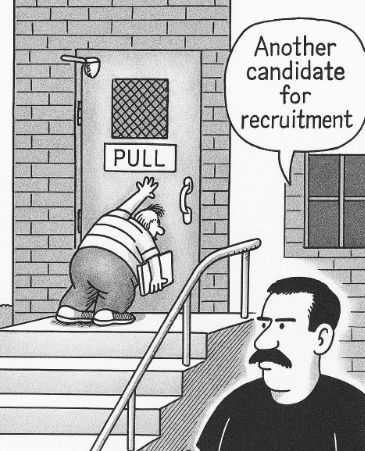
Work Ethic and Lifestyle Choice
Another characteristic of most Ventura County gang members is their aversion to legitimate work. I once worked with a more patient agent who tried to help a cooperative gang member obtain a driver’s license and employment. The gang member never showed up for either opportunity, claiming he was asleep or showering. Being a gang member is a lifestyle choice that all of society pays for. To learn more read Inside Gang Culture: Rules and Rituals.
Why Prevention Efforts Fail
Why do people join gangs despite intervention programs? After talking to several gang members, I’ve concluded that most join between eleven and sixteen years old. By this point, they have heard the same message since birth: you are unwanted. School counselors or therapists struggle to counteract years of neglect and low self-worth.
Prevention efforts face significant challenges:
- Can schools transform bad students into good ones? Evidence suggests no.
- Can short-term interventions erase a lifetime of messages that tell someone they’re unwanted?Unlikely.
- Cultural and economic factors create environments where gangs thrive.
A Multi-Faceted Approach
Understanding why people join gangs is crucial for developing effective interventions. Based on my experience, addressing this issue requires:
- Early intervention: Support for at-risk families before children reach the vulnerable recruitment age.
- Parental education: Programs that help working parents balance economic needs with supervision and emotional support.
Why do people join gangs? The answer isn’t simple, but it often comes down to fundamental human needs: belonging, acceptance, and purpose. When families fail to provide these, gangs step in as surrogate families.
The Long-Term View
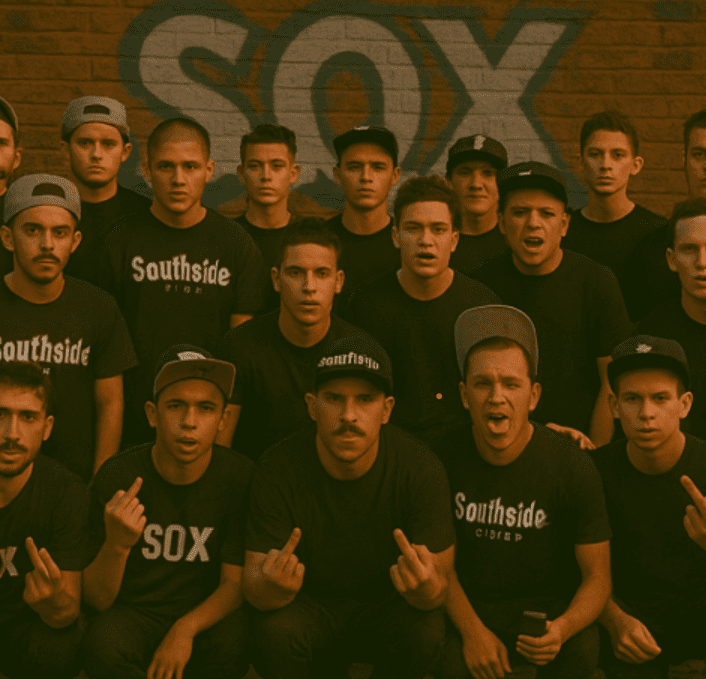
Why do people join gangs despite knowing the negative consequences? The immediate benefits—acceptance, protection, a sense of family—outweigh the distant future risks in their calculus.
Addressing the root causes requires the difficult task of looking at families. The factors that drive gang membership—poverty, neglect, and lack of supervision. Some solutions may be politically unpalatable, such as family planning services in gang-affected communities. To learn more read Roles in Gangs: How Power and Profit Shape Street Culture.
Conclusion Why Do People Join Gangs?
Why do people join gangs? After years investigating and interviewing gang members, I’ve found the answer is rarely about money or power. It’s about belonging, acceptance, and feeling wanted. The tragedy is that in seeking these fundamental human needs, gang members embrace a lifestyle that virtually guarantees poverty, incarceration, addiction, and often early death.
As gang members age, they invariably realize that joining a gang was a decision that will ruin their lives. The momentary sense of belonging comes with a lifetime of consequences. Their impulsive teenage decision closes countless doors of opportunity.
When I served as a Deputy United States Marshal, a federal judge often delivered the same speech to gang members facing deportation. He would tell them, “Your parents brought you to the United States, often when you were young. For reasons I can’t understand, they never naturalized you. As an adult you could have taken steps to become a U.S. citizen, but you choose not to. The United States is the land of opportunity, but you choose to join a gang and commit crimes. You did this to yourself; your poor choices led you back to Mexico.” Often the gang member would plead, “My family isn’t there” or “I don’t speak Spanish.” The judge would reply, “You should have thought of that before you made the bad decision of joining a gang.”
The judge’s words reminded me of my grandfather who said, “Never wish ill on anyone because people are their own worst enemy.” I think that saying is extremely fitting for gang members, as they truly are their own worst enemy.
Why Do People Join Gangs? Look at the Parents
So, why do people join gangs? The evidence points overwhelmingly to one fundamental answer: to be wanted.
Why do they seek to be wanted outside their family? Bad parenting.
Parents who struggle with substance addictions. Others are physically present but emotionally absent. Many work multiple jobs with no time to supervise or connect with their children. Still others fail to instill a sense of worth in their kids.
I’ve never interviewed a gang member who told me he came from a supportive family, with two parents, in a loving home. No gang member I’ve interviewed mentioned society or failures of the state being the reason why they joined a gang, they point to their dysfunctional families.
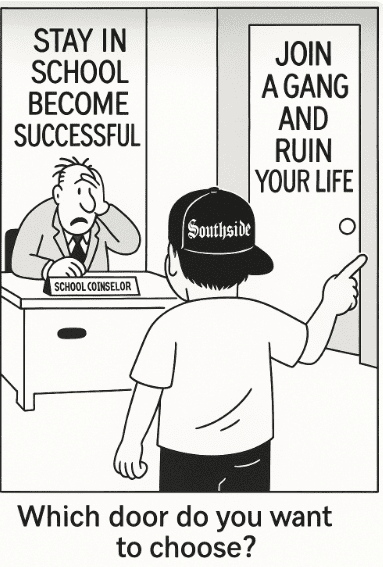
To learn more about why people join gangs, get the book Less Tagging More Killing:
